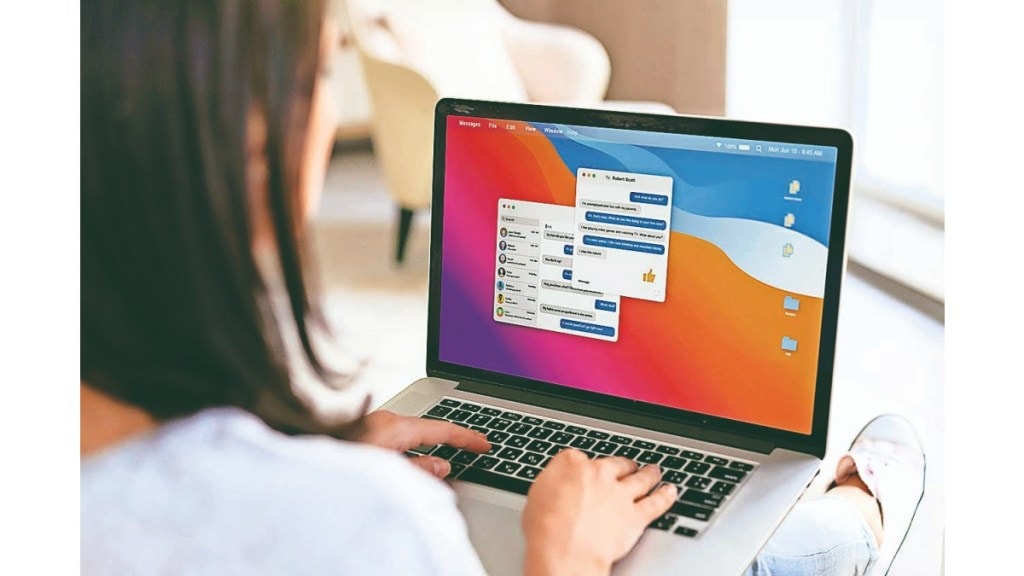As the clock ticks toward October 14, 2025, organisations running on Windows 10 are staring down the barrel of a looming IT overhaul. This is the official end-of-life date for Windows 10 – meaning no more security updates, bug fixes, or technical support from Microsoft. And the consequences of ignoring it aren’t just operational – they’re regulatory, financial, and reputational. No wonder, PC makers like Acer, HP, Dell, Lenovo and Asus are pushing users to upgrade to Windows 11, which offers a more modern experience and enhanced security features. It also comes with built-in AI capabilities like Copilot, and it’s optimised to work with the next generation of AI hardware.
When support for Windows 10 ends, PCs will still function – but they’ll be increasingly at risk. Microsoft will stop providing security updates and feature enhancements, leaving devices very vulnerable to cyber threats like malware and ransomware. “This scenario is especially concerning users who rely on their PCs for work, banking, or managing sensitive personal information,” said Sudhir Goel, chief business officer, Acer India. “Users should start planning their transition to Windows 11 and compatible hardware now,” he added.
Since its launch in 2015, Windows 10 has remained the dominant operating system, widely adopted across diverse user segments – from individual consumers to educational institutions, small and medium businesses, government bodies, financial services, and large enterprises. As of April 2025, Windows 10 is the most used version of Windows, accounting for 52.94% of the worldwide market share, while its successor Windows 11, holds 43.72%. Industry estimates indicate that approximately 30 million Windows 10 devices are currently in use across India.
Prabhu Ram, vice-president, Industry Research Group, CMR, said, “The risks – from malware and ransomware to data breaches and compliance failures – are especially severe for businesses handling sensitive data. Unsupported systems with unpatched vulnerabilities become prime targets for cybercriminals.” PC brands are driving both new hardware and software upgrades to ease the transition, while paid updates offer, at best, a temporary safeguard, he added.
“India faces heightened cybersecurity risks, with organisations experiencing 3,291 attacks per week – nearly double the global average,” said Indrajit Belgundi, senior director and general manager, Client Solutions Group, Dell Technologies India. He stressed that built-in PC security is crucial for defence, and Windows 11 enhances protection, especially when paired with modern hardware. “Features like encryption, isolation, and phishing safeguards strengthen security against evolving threats,” he added.
In addition to security risks, the overall user experience will start to decline when the support for Windows 10 ends. The need to run essential software will increasingly depend on Windows 11. For instance, popular applications like Microsoft Office (Excel, Word) and third-party software such as Adobe will eventually require Windows 11 as the minimum operating system.
“As businesses navigate an era of accelerated digital transformation, the shift to Windows 11 represents more than just an operating system upgrade, it is a strategic move toward harnessing the full potential of AI-powered computing,” said Belgundi. Dell Technologies’ AI PCs, with optimised hardware and neural processing units (NPUs), boost performance, efficiency, and battery life. “Upgrading to Windows 11 is not simply a technical requirement, it is a business imperative. Organisations that act now will not only secure their systems against future threats but will also gain access to a platform built for the AI-powered economy,” he pointed out.
Vineet Gehani, senior director (Personal Systems), HP India, said, Windows 11 represents a significant leap forward in how users interact with their PCs – from built-in AI capabilities to intuitive multitasking, it’s built for the pace and complexity of modern life. “At HP, we view this shift as more than just a software upgrade – it’s a pivotal moment to equip users with AI laptops devices that deliver a more powerful, secure, and intelligent computing experience,” he said.
But while Windows 11 might appear to be the obvious next step, it comes with a hidden cost structure and upgrade challenges that most IT leaders are only beginning to uncover. Vijender Yadav, co-founder and CEO, Accops, reasoned that virtual desktop infrastructure (VDI) offers a radically different model for end-user computing. Instead of managing individual operating systems across scattered PCs, VDI centralises apps and desktops in a secure data centre or cloud – accessible from any device.








